Closing Dates can be the bane of a property buyer’s life. There is always a conflict between wanting to buy a property for the best possible price and the fear of over-paying because of the temptation to pay too much in order to beat the other buyers to the prize and to prevent the frustration of losing-out on a house you’ve set your heart on. I’m often asked the dreaded question: ‘How much should I pay at a Closing Date?’. This is a relatively easy question to answer, though not in one sentence! However, when someone has missed-out on a few properties at Closing Dates, and they want to know exactly how much they should pay to ensure that they don’t get ‘beaten’ at the Closing Date and yet to ensure that they don’t overpay too…well, that’s a slightly more difficult one to answer! It’s a question I was recently asked and that I responded to with a bit of details and I hope that by recounting it for you now it will help you if you find yourself in that situation.
Question:
I’ve been trying to buy my first house for 8 months now, and have been outbid at a closing date 3 times. I’ve lost out on three places that I really liked and could imagine myself living in. I’ve had to deal with the disappointment of not being able to buy the property after all. Twice we lost out by a little bit, in the third case the property sold for 15% over the valuation. We could pay way over valuation, but we are just ‘losing’ money if we do that and we can’t actually borrow that money on the mortgage so need every penny over the valuation to come out of our cash (which is our deposit money!). Properties that aren’t going to closing date and that are in our price range aren’t what we are looking for. Advice please?
https://www.mov8realestate.com/static_files/site-images/blog-image-4.jpg
Reply from Me:
It’s a tough position for a buyer and I have a lot of sympathy. In all honestly, the next house I buy will probably fall into the ‘starter family home’ category where there is the most competition amongst buyers.
The first piece of advice is simply to avoid properties that are priced at ‘Offers Over’, particularly if the asking price appears to be quite low compared to the Home Report valuation or what you would expect the property to be worth. This pricing strategy is designed to get a bit of a bidding war happening and if you simply don’t want to deal with that disappointment then you’re probably best not attending that particular tea party.
In terms of judging whether what has been happening is good or bad news for you personally, there two ways of looking at it as I see it. Either: (1) you are lucky that you didn’t get sucked-into the bidding war and get carried away and overpay, or (2) if there is so much interest in the properties that you like, even in a ‘down’ property market, then these are perennially popular properties which will only get more popular and in-demand when the market improves, so the market is setting the price of these properties and they are worth what someone is prepared to pay for them.
If you are financially quite cautious then (1) should probably be your preferred viewpoint and if you’re slightly more gung-ho and a fan of the Free Market then (2) is probably the way to look at it. It’s a really difficult situation and, frankly, closing dates are horrible for a buyer and I have a lot of sympathy for any buyer who finds themselves bidding repeatedly at a closing date.
However, if 15 people are all prepared to bid competitively against each other for anything and that many people are interested in buying something in a market where properties are apparently struggling to sell then the property must be very attractive to the marketplace in general and if several people bid over the asking price then it probably suggests that (a) the property was undervalued in the first place, and (b) that’s probably why so many people were bidding for it. What attracts you to those properties in the first place is partly that they will appear to be good value in comparison to others round about: that’s also attractive to lots of other people too though.
If you don’t want to bid against everyone else, one strategy might be to take the opposite approach to what everyone else takes…
Most people appear to be looking for lovely-looking properties that appear to be great value for their location and condition and are new to the market so they’re interesting and not stagnant. Part of the attractiveness of the property will be the quality of its presentation by the agent in photos/schedules: that’s what draws people’s interest in the first place.
Instead, look for properties that have been on the market for the longest period of time, that are not well-photographed/presented, that are difficult to arrange a viewing for (appointment only, agent not terribly helpful in arranging one), and that appear perhaps to be overpriced. Read between the lines, imagine what it would look like if it was done-up/if it had even had good photographs taken with good lighting, look at the floor plan, get an impression of what it actually looks like in your head and of the potential of the place. You won’t have any competition and the seller will have had little interest in the property. Submit an offer (free from most solicitors) that is really quite low, expect it to be rejected, but know that this offer will become increasingly attractive as time passes. Hope for the best and plan for the worst: keep looking for other houses but don’t be surprised if after a week you get a call from the seller or their agent saying that they are interested in negotiating.
Bear in mind too that a Home Report valuation is one person’s opinion (researched, but nevertheless not an exact science) of the value of the property. So getting a property for £10,000 below one surveyor’s valuation or £10,000 over another’s valuation does not mean that either is necessarily a good deal or a bad deal. Do your own research, take good advice from a solicitor/estate agent who knows the market and what they are talking about, and don’t rely too heavily on the Home Report valuation. Don’t be scared to bid below the Home Report valuation: the property is only worth what it’s worth TO YOU.
And unfortunately the last bit of advice is simply: ‘stick in there’! It’s a frustrating part of the market to be buying in as there is a stock shortage: in other words you are on the wrong side of the supply and demand equation. However, if you put in place the strategies above then you hopefully will have a bit of luck and at the very least avoid the scenario that you understandably find very frustrating.
I hope that helps a bit?

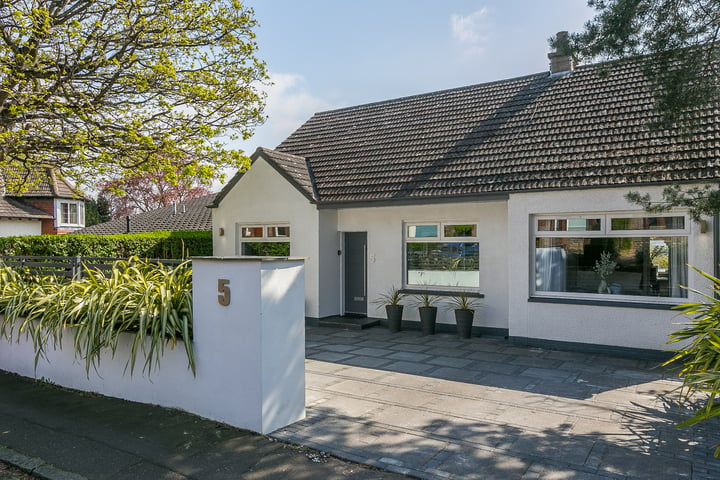
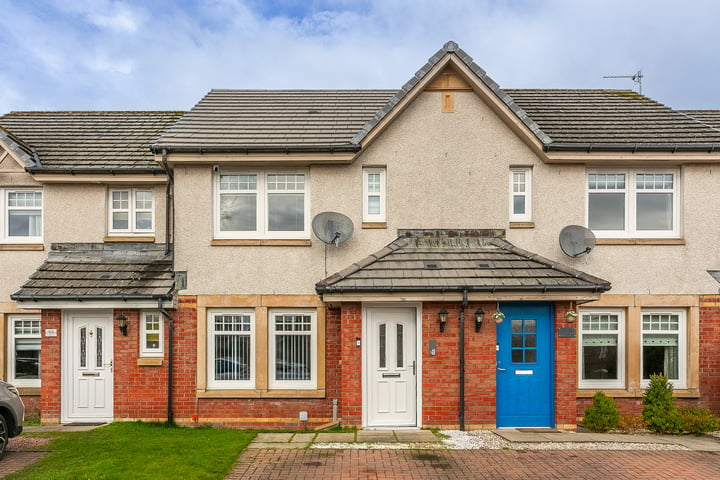
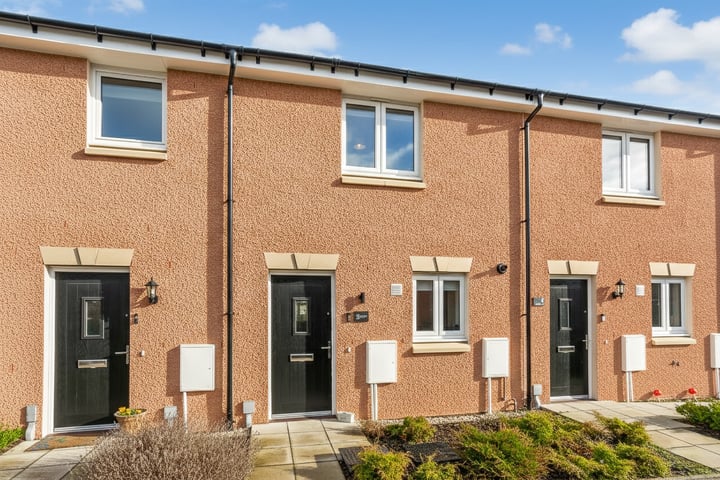
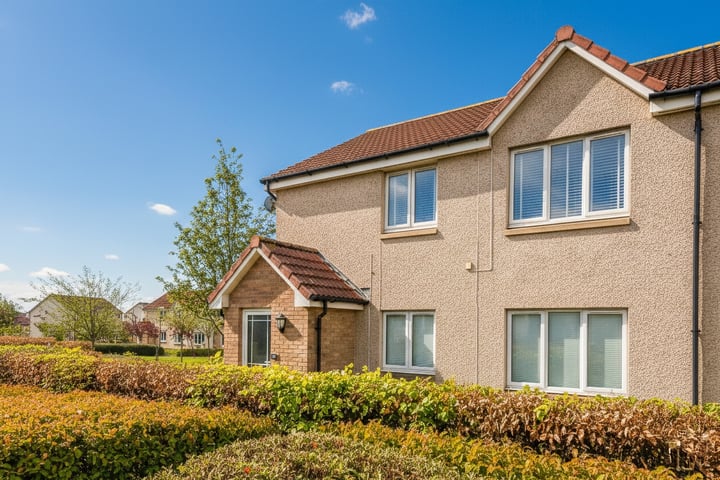
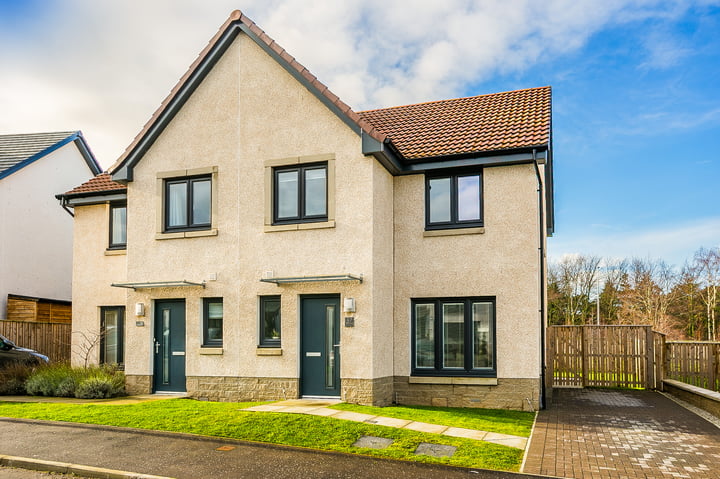
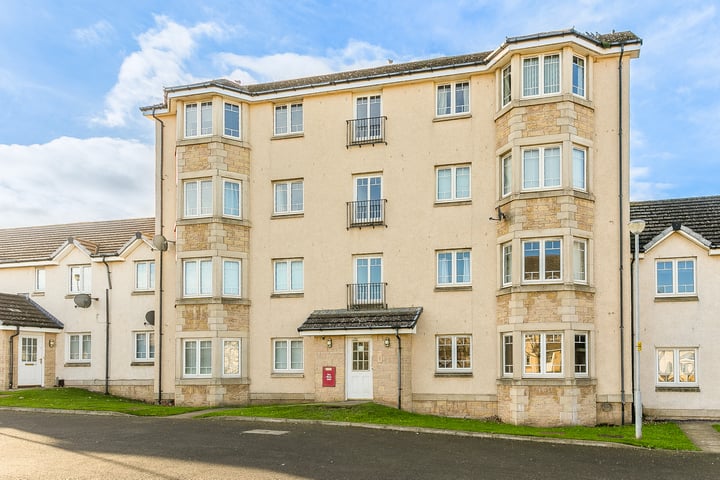
Leave a Reply